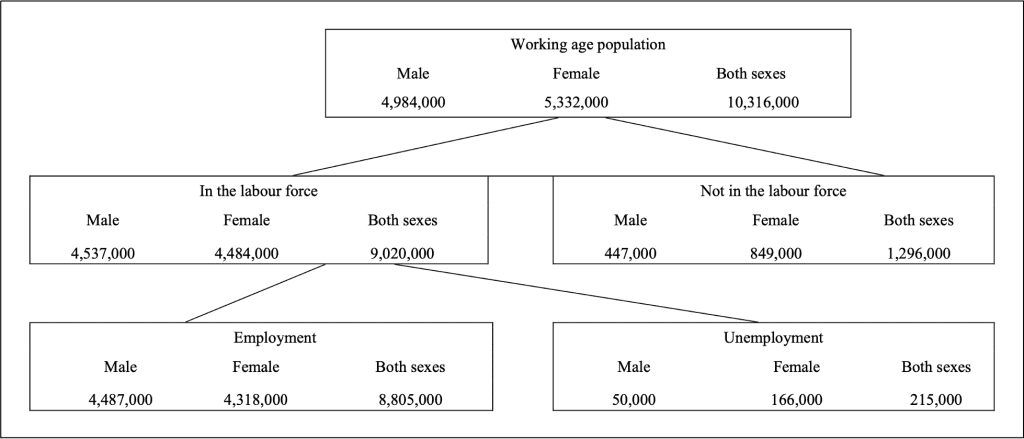The 1997 Labor Law (“Labor Law”) is the primary legislation governing all employment activities in the Kingdom of Cambodia and is enforced by the Ministry of Labor and Vocational Training (MLVT). With rising awareness of labor/employee rights and an increase in trade unions, foreign businesses and investors in Cambodia, especially those that employ large numbers of employees/workers, should be familiar and have a good working knowledge of the Labor Law and its regulations, terms, and conditions.
There are no restrictions on the employment of Cambodians, but foreign businesses will have to apply for a business visa (or E-visa) and work permit for each foreigner they choose to hire and must comply with MLVT’s foreign employee quota system. Under the latter, the number of foreigners that a business can employ must not be more than 10% of the total number of company employees, of whom 3% can be office employees, 6% skilled labor, and 1% can be unskilled.
This quota may be increased, at the discretion of the MLVT, particularly if the specific skills required by the company are currently unavailable or difficult to source in Cambodia. Businesses that flout the quota regulation can be fined between USD 630 to USD 900.
While there is generally a lack of skilled and experienced human resources for certain positions and job responsibilities, what is more, important is to identify the right recruitment conduits through which competent, qualified and reliable candidates can be shortlisted and interviewed.
A few salient matters that foreign businesses may wish to note concerning the local employment practices and regulation:
Seniority Payments
In response to rising incidents of factory owners reneging on salary payments to garment workers, an important vote bank in local elections, MLVT introduced new regulations requiring employers to pay employees under Undefined Duration Contract (UDC) seniority payments payable once every 6 months in June and December each year. This is akin to advance payment of severance payment in other countries. The employee will be entitled to seniority payment equal to 7.5 days for each particular half-year or 15 days per year.
Wages
No minimum wage has been established by law except for the garments, textiles, and footwear manufacturing industries, where the minimum wage for probationary employees (currently USD 194 per month WEF 1 Jan 2022). The minimum wage is subject to negotiated change every year through their tripartite mechanism between the Garment Manufacturers Association of Cambodia (GMAC, on behalf of factory owners), the trade unions (on behalf of the workers), and MLVT (representing government). Other mandatory benefits that only workers in the garments, textile, and footwear sector are entitled to include attendance bonuses, seniority bonuses, and allowances for travel, accommodation, and overtime meals.
Mandatory Employee Benefits
- Maximum working hours are normally 8 hrs/day or 48 hrs/week
- Hourly overtime is compensated at 1.5 to 2 times the normal hourly wage
- Annual leave entitlement is 1.5 days for each month of employment or 18 days per year, with an additional day every three years of employment
- Maternity leave of at least 90 days at half salary if she has worked one continuous year or more for the company
- Special leave (eg: funerals, weddings) at a maximum of 7 days per year and can be deducted from the employee’s annual leave (if such is available) or compensated for through overtime work (calculated at the normal rate for this purpose) by the employee
National Social Security Fund (NSSF)
Covers three pillars: (a) occupational risk (work-related accident and occupational disease) insurance; (b) health insurance; and (c) retirement pension.
Supplementary
Working Age Population in Cambodia in 2020

Employment Population (aged 15-64 years) by Main Industry and Sex

Feel free to enquire with the Aquarii team should you need further advice.
If you are looking for a more nuanced insight or advice in terms of other indicators/observations not commonly found in publications for a better understanding of how a business or investor can navigate the local environment or seek out collaboration opportunities and trustworthy partners, get in touch with our team at Aquarii. Ask to speak to our CEO if you wish to know why he has decided to make Cambodia his 2nd home, perhaps the strongest testament of his conviction in the potential and opportunities in the Kingdom.






